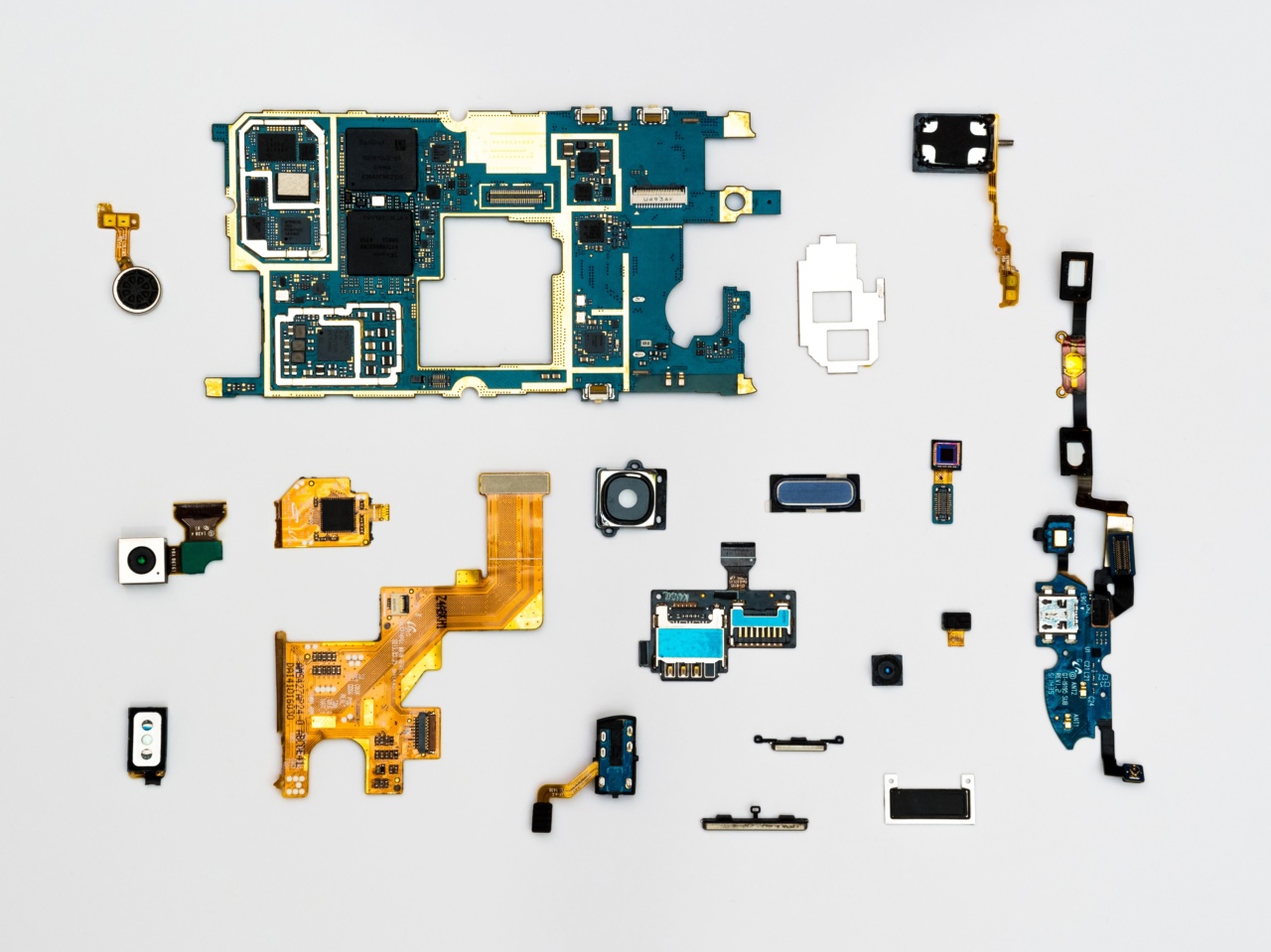In the past decade, we have witnessed a significant change in the way we treat Mental Health disorders.
The technical revolution has introduced numerous advancements in the psychiatric facilities that have led to the betterment of the mental health industry. With these technological advancements, psychiatric facilities have been revamped to provide patients with better treatment, more comfortable facilities, and more customized treatment plans that cater to their specific needs.
In this article, we will outline some of the technical innovations in psychiatric facilities that have revolutionized the way we care for patients with Mental Health disorders.
Telepsychiatry
Telepsychiatry is the practice of providing mental health services to patients via telecommunication and web interfaces.
This practice enables psychiatric institutions to provide remote consultation, evaluation, diagnosis, and treatment to patients with mental health disorders. Telepsychiatry helps to overcome geographical limitations and improve access to mental health services in remote and underserved areas. Patients who cannot travel to psychiatric facilities can connect with psychiatrists through videos or voice calls.
Telepsychiatry has increased the availability of psychiatric services, making it easier for patients to access care even in rural areas.
Virtual Reality Therapy
Virtual Reality (VR) therapy is a new technological innovation that provides patients with immersive stress-reducing experiences. The therapy creates a simulated environment that mimics real-world scenarios.
This environment is safe and allows patients to confront and overcome their fears and anxieties. VR therapy triggers the brain to react positively, which makes the patient feel more relaxed, reducing depression and anxiety.
VR therapy has also proven to be effective in treating PTSD symptoms, such as flashbacks, by taking users on a desensitization journey that educates them on how to manage their symptoms better.
Medical simulation labs
Medical simulation labs are high-tech clinical simulation facilities designed to provide healthcare professionals with the opportunity to train and improve their skills before encountering real-life situations.
Simulation labs simulate real-life medical scenarios, such as medical emergencies, providing nursing, and medical students with hands-on experience before working on patients. By providing trainees with a simulated environment to learn, the labs boost their confidence and increase their proficiency in handling stressful situations that occur in clinical settings.
Apps and self-care technologies
The technological revolution has also led to the creation of mental health apps, which has transformed how patients access mental health services.
Mental health apps provide patients with an interactive platform to monitor their behavior and moods, offer self-help advice, and access convenient therapy from anywhere, anytime. These self-care technologies often share data with the patient’s psychiatric team to provide a customized treatment plan that can help to improve the outcome of their treatment.
Smart Hospitals
Smart hospitals are automated hospitals that leverage IoT-enabled equipment and systems to enhance the quality of care, improve the speed of treatment, and reduce the workload of healthcare professionals.
The hospitals use sensors, devices, and software programs to provide real-time data and alerts to healthcare professionals, reducing errors and improving the overall efficiency of the healthcare system. Smart hospitals have also introduced innovative medical devices, such as smart beds, which monitor patients for any vital signs changes, reducing the workload on staff while providing better care.
Robotic Surgery
Robotic Surgery is a surgical procedure in which robots perform surgical operations. This procedure allows surgeons to perform complex surgeries with greater precision, reducing the risk of errors and complications.
It also enables patients to recover faster as the robotic tools are less invasive and cause less tissue damage during surgery. The robotic surgery procedure has revolutionized how mental health disorders are treated by increasing the availability of less-invasive surgical options.
Artificial Intelligence and Machine Learning
Artificial Intelligence (AI) and machine learning are advanced technologies that have the potential to transform the mental health industry.
AI technologies can be used to create more personalized treatment plans tailored to each patient’s specific needs. Machine learning algorithms can analyze behavioral patterns, helping healthcare professionals identify the potential risks of mental health disorders before they become severe and require more invasive intervention or treatment procedures.
Robotics-assisted therapy
Robotics-assisted therapy is a form of therapy that uses robotic tools to assist patients with mental health disorders in their recovery process.
One such robot is Paro, a seal-like robot that encourages patients to communicate, which can be extremely beneficial in treating depression and anxiety disorders. Paro has a calming effect on patients, which helps reduce stress levels and stimulate social interactions between patients.
Conclusion
These technological advancements in the mental health industry have transformed the way we treat mental health disorders.
With telepsychiatry, virtual reality therapy, robotics-assisted therapy, and AI technology, patients are offered a more personalized and efficient level of care. The introduction of these technical interventions has also brought about better psychiatric facilities with a higher level of treatment modalities, smart hospitals, self-care technologies, and medical simulation labs.
These advancements have revolutionized the mental health industry and have given patients more access to better care, regardless of their geographical location.






























